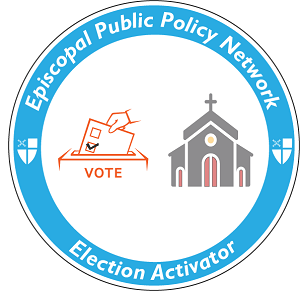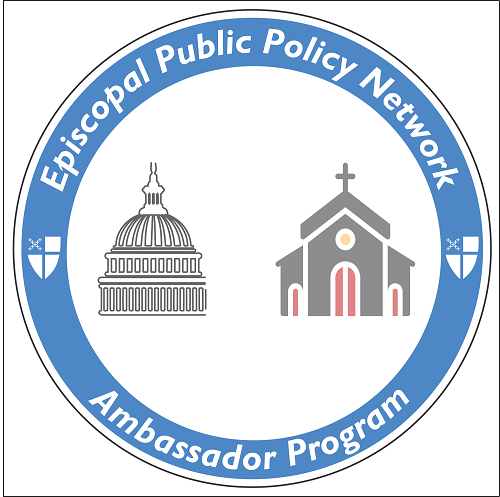Advocacy Resources

Explore our resources to equip you for advocacy including Episcopal Church policies, tips for communicating with your elected officials, voter engagement, and more! For resources on civil discourse and political conversations visit our civil discourse page.
Have you used a resource below? Let us know! Reach out with your stories of educating about the ministry of public policy advocacy by filling out this form.
Episcopal Church Policies
All work of the Office of Government Relations is grounded in the resolutions of The Episcopal Church General Convention and Executive Council, the legislative and governing bodies of the church. Explore these resources for summaries, history, and exact text of these resolutions.
Search the Resolutions of General Convention
Search the Resolves of Executive Council
Episco-pols Podcast
Listen to three seasons of our Episco-pols podcast focusing on advocacy and civic engagement. You don’t want to miss an episode! Stay tuned for more in 2025. You can find the Episco-pols podcast on your favorite podcast platform or through this link:
Volunteer Programs
Episcopal Election Activators
Join Episcopal Election Activators to help promote and facilitate local non-partisan voter engagement efforts for U.S. elections. This network of volunteers across the country help implement get out the vote efforts in their state/region. Click through for more information and to apply.
EPPN Ambassador Program
This program offers a chance for people to get more engaged in amplifying our advocacy efforts. Ambassadors work on a local level helping to promote our action alerts and advocacy resources to improve our reach. To learn more about what’s involved and how to apply, check out this page.
Additional Resources
Improve Your Advocacy
Whether advocating at the international, federal, state, or local level, some of the same principles of relationship building and advocacy apply. Check out these resources for guidance on becoming an even stronger advocate!
Your stories, perspectives, and commitment are all part of the way we will make change to encourage our government to enact just policies and laws.
The OGR Faith and Citizenship Guide is focused on helping the Church engage the
government, emphasizing the work of advocacy in bringing about systemic change
that will bring us closer to God’s kingdom.
Additional advocacy resources
Tips for effective communication with your representatives
Civil Discourse
Equip yourself for more constructive political conversations using Make Me an Instrument of Peace: A Guide to Civil Discourse, the From Many, One campaign, and more. Help bridge partisan divides, learn from others, and enlarge the sacred space for debate. Click here to learn more!

The Postcard Project
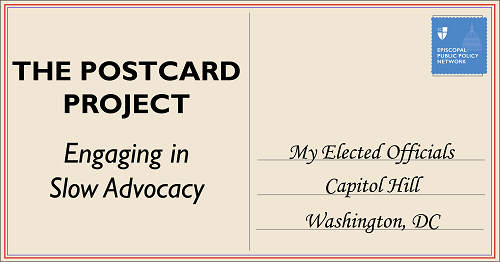
The Postcard Project is an opportunity to convene people to write physical postcards to their members of Congress (or other government officials), helping to build relationships among parishioners eager to carry out their faith through action. Congregations can bring parishioners together virtually or in-person to build community through personal interactions. This can also be a fun family activity to organize yourself at home!
Election Engagement
Getting souls to the polls isn’t just about casting our own vote, but about working together so we all can vote and vote faithfully. We can empower every voice in our congregations in this work.
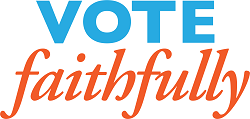
Revisit our EPPN Election Series which explores election integrity, voter access and more:
- EPPN Election Series: Election Process Integrity
- EPPN Election Series: Voter Access
- EPPN Election Series: What to Expect When You’re Electing
From The Pew to the Public Square: This resource booklet provides quick coaching in moral agency, discernment, and decision making for social and community social change.
Voting and homelessness: tips for voting while homeless that you may find helpful and that may be useful to share within your community.
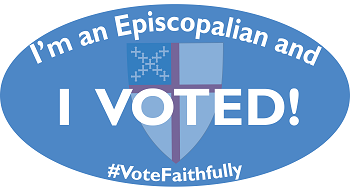
Order your #VoteFaithfully stickers and magnets today! Contact us here.
Census Engagement
As an official partner of Census 2020, The Episcopal Church helped make the count as accurate as possible. 132 federal programs plus private businesses, state, and local initiatives depend on Census data for effective distribution of resources, while congressional seats are apportioned according to the Census count.
Why is the U.S. Census so important? Learn more with our Census Series:
- Week 1: Why We Count
- Week 2: Healthcare
- Week 3: Education
- Week 4: Social Safety Net Programs
- Week 5: Businesses & Infrastructure
- Week 6: What Happens Next?
Misinformation, Disinformation, Fake News: Why Do We Care?
As Christians, we are not called to a life of half-truths and deception. We are called to follow a God who is “the way, the truth, and the life” (John 14:6). The Prayer Book also teaches that among our duties to our neighbors is “to be honest and fair in our dealings” and to “speak truth, and not mislead others by our silence.” (pg. 848) Let us therefore examine our own conduct to limit the spread of deceitful information and call upon our leaders to work towards the same.
Learn more and equip yourself to recognize and overcome misinformation in this critical resource.
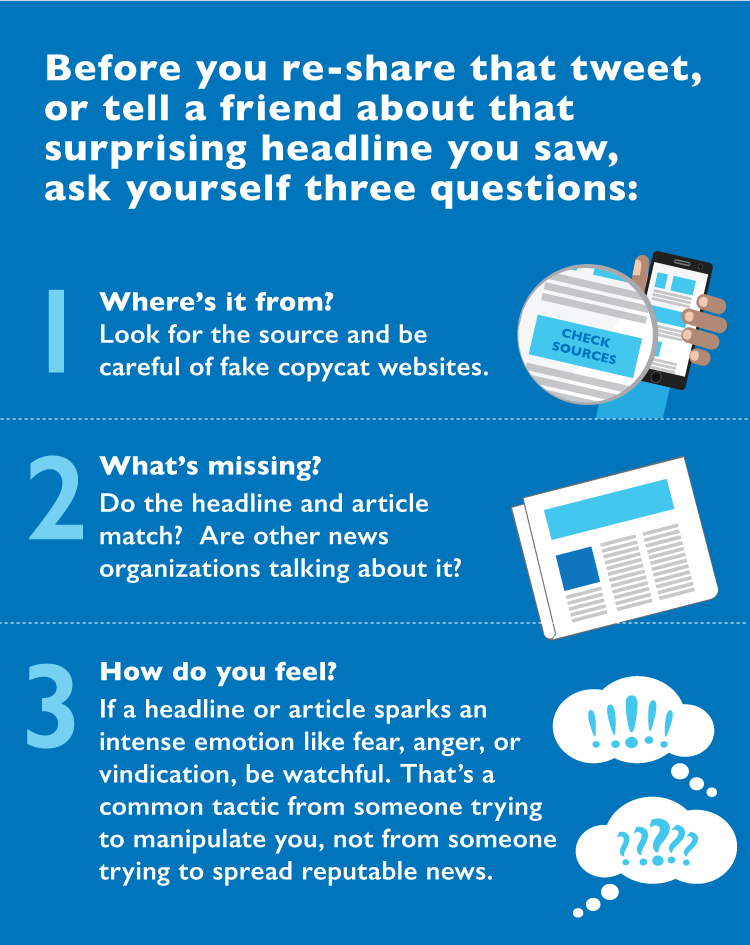
See below for four exciting pilot advocacy research reports created by the Archives of the Episcopal Church. We hope to continue collaborating with Archives to create similar reports on other topics in the future.
Contact:
The Office of Government Relations
eppn@episcopalchurch.org

